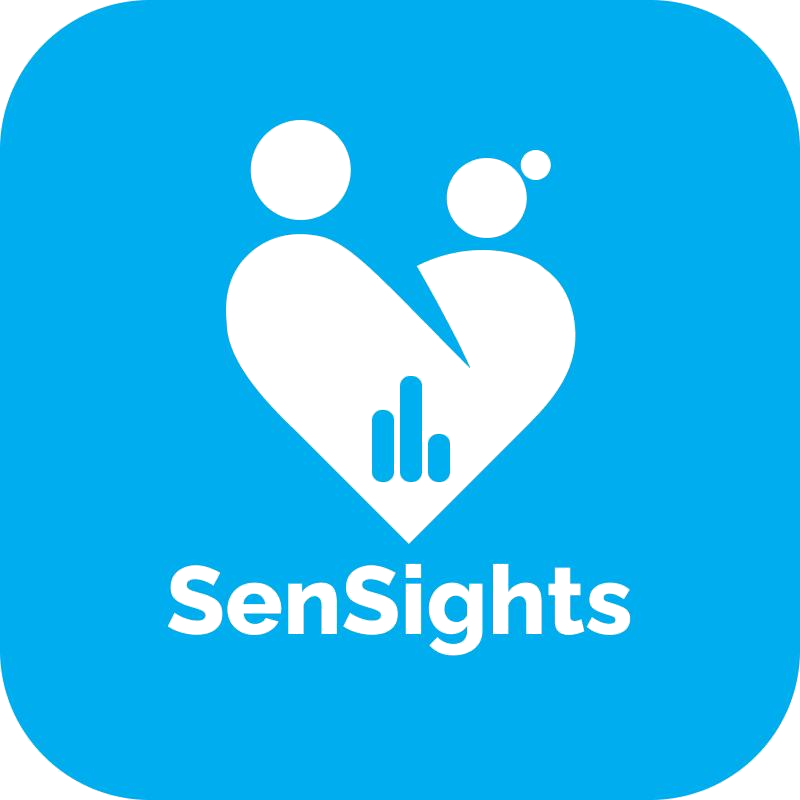Image Credit: Canva
In recent years, the healthcare industry has witnessed a significant transformation with the integration of artificial intelligence (AI) and automation technologies. These advancements have revolutionized the way clinicians operate, allowing them to deliver enhanced patient care, streamline workflows, and make more informed decisions. As the world faces ongoing challenges, such as the COVID-19 pandemic, AI and automation are proving to be invaluable tools in supporting clinicians in their crucial roles. In this blog, we will explore how AI and automation are currently empowering clinicians and reshaping the healthcare landscape.
Enhanced Diagnostic Capabilities:
AI has emerged as a powerful ally in the diagnosis of various medical conditions. Machine learning algorithms, when fed with vast amounts of data, can analyze patient information, detect patterns, and provide clinicians with valuable insights. For instance, AI-powered systems can interpret medical images, such as X-rays and MRIs, assisting radiologists in identifying abnormalities more accurately and efficiently. This reduces diagnostic errors and enables early detection of diseases, leading to better patient outcomes.
Intelligent Decision Support:
Clinicians often face complex and time-sensitive decision-making scenarios. AI-based decision support systems aid them in making informed choices by providing evidence-based recommendations. These systems analyze patient data, medical literature, and treatment guidelines to offer personalized suggestions tailored to individual cases. These intelligent tools not only save time but also ensure that clinicians have access to the most up-to-date information, improving the quality of care delivered.
Streamlined Workflows:
Automation plays a crucial role in streamlining healthcare workflows, enabling clinicians to focus more on patient care. Administrative tasks, such as appointment scheduling, data entry, and documentation, can be automated, freeing up valuable time for clinicians. By automating repetitive and mundane tasks, clinicians can redirect their efforts towards providing attentive care and building stronger patient relationships.
Telemedicine Advancements:
Telemedicine has witnessed remarkable growth, particularly during the COVID-19 pandemic. AI-powered virtual assistants facilitate remote consultations, allowing clinicians to provide healthcare services to patients from a distance. These virtual assistants can triage patients, ask relevant questions, and provide initial assessments, thereby reducing the burden on clinicians and ensuring timely care for patients. AI algorithms also assist in remote monitoring of patients’ vital signs and health conditions, enabling clinicians to intervene promptly when necessary.
Predictive Analytics and Early Intervention:
AI and automation excel in analyzing large datasets and detecting patterns that may not be immediately apparent to clinicians. By applying predictive analytics, these technologies can identify patients at risk of developing specific conditions or experiencing adverse events. This early intervention approach allows clinicians to proactively address potential health issues, implement preventive measures, and intervene before the condition worsens. Predictive analytics also aid in optimizing resource allocation, ensuring efficient healthcare delivery.
Research and Drug Development:
AI is transforming the landscape of medical research and drug development. Machine learning algorithms can process vast amounts of biomedical data, accelerating the identification of potential drug targets and assisting in the design of clinical trials. AI models can also predict patient response to specific treatments, leading to more personalized therapies and improved outcomes. Additionally, AI helps clinicians stay up to date with the latest research findings, supporting evidence-based practice and fostering continuous learning.
Conclusion:
The integration of AI and automation technologies has brought significant advancements to the healthcare industry, supporting clinicians in their vital roles. From enhanced diagnostic capabilities to intelligent decision support, streamlined workflows, and telemedicine advancements, AI and automation are transforming healthcare delivery. By harnessing the power of these technologies, clinicians can provide more accurate diagnoses, deliver personalized care, and make data-driven decisions. As AI continues to evolve, it is poised to become an indispensable tool in empowering clinicians and improving patient outcomes.
SenSights is a Remote Patient Monitoring and Ageing Solution that aids seniors and healthcare facilities that work with elders who have chronic disorders such as dementia, Alzheimer’s, high blood pressure, falls, COPD, long COVID, and others.
The solution assists at-risk providers, skilled nursing facilities, long-term living communities, home health care providers, and other senior care entities in increasing their capacity by supplementing physical visits with virtual care, preventing wandering and fall episodes, and providing proactive monitoring, risk profiles, and smart alerts via our SenSights Care app.
Clear MD is one of our innovative technologies that helps doctors and patients by summarizing conversations and giving thorough notes and reports. This saves doctors time and effort, allowing them to free up resources and provide a greater level of treatment.
Contact us HERE to learn more about SenSight.Ai and Clear MD!

